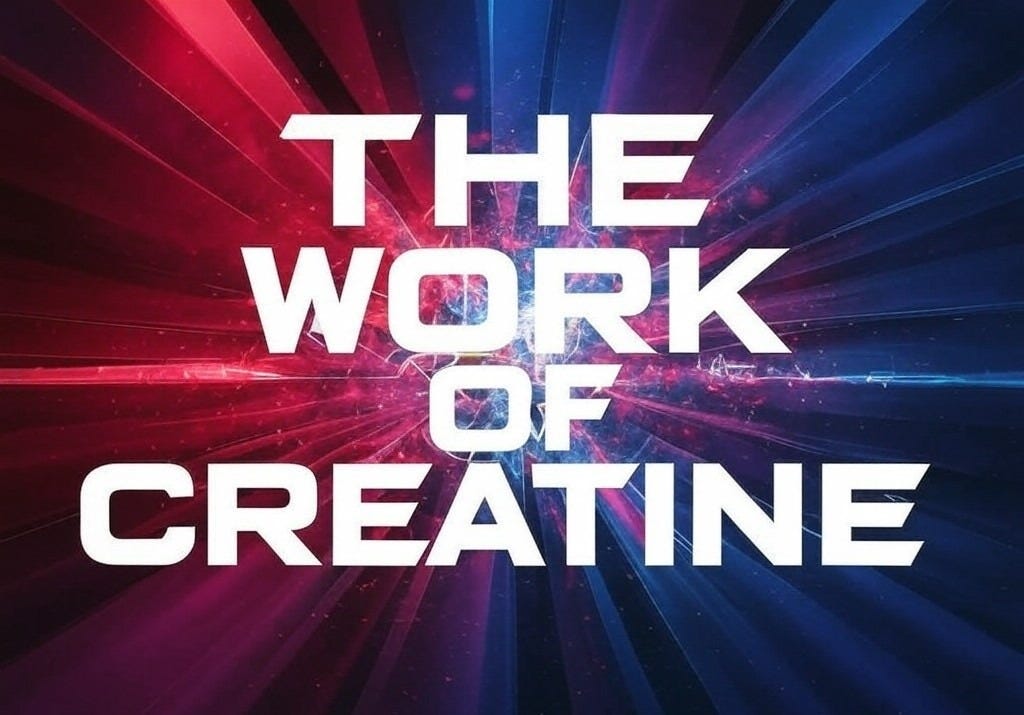The Work of Creatine
Here's the inside dope on the history of one of America's favorite white powders
I recently wrote a print feature for Men's Health about creatine's remarkable transformation from controversial supplement to mainstream wellness product, focusing particularly on its current momentum as a cognitive enhancer. That piece tracks how creatine has evolved from a niche bodybuilding supplement into something you might find at Target, fueled by influencers like Andrew Huberman and companies marketing it for brain health. But due to space constraints and editorial focus on the contemporary moment, we had to leave out crucial chapters of the supplement's fascinating origin story — most notably the role of Anthony Almada, the UC Berkeley-educated biochemist who, along with his partner Ed Byrd, first brought creatine monohydrate to market through their company EAS in 1993.
The Men's Health piece necessarily skips over some of the most colorful aspects of creatine's early days: bodybuilders extracting it from Bovril, the wild-west atmosphere of the supplement industry in the early 1990s, and the fascinating characters who shaped its development. Through my reporting, I spoke with figures like Michael Zumpano, who co-authored the Underground Steroid Handbook with the late Dan Duchaine, and Anthony Roberts, a longtime industry watchdog who has appeared several times on this Substack. Their perspectives illuminate how creatine overcame both practical challenges (its initially prohibitive cost of $1,455 per pound)1 and perceptual hurdles (widespread medical skepticism) to become the gold standard of sports supplements.
What follows is the fuller history that couldn't fit within the constraints of a legacy magazine feature — a deeper dive into how a small group of pioneers transformed creatine from an obscure compound into a billion-dollar industry through a combination of scientific rigor, marketing savvy, and sheer persistence. This isn't just about a supplement's rise to prominence — it's about how the dietary supplement industry itself evolved from an unregulated frontier into a more evidence-based marketplace, largely due to the groundwork laid by creatine's persistent early advocates.
Keep reading with a 7-day free trial
Subscribe to Oliver Bateman Does the Work to keep reading this post and get 7 days of free access to the full post archives.




